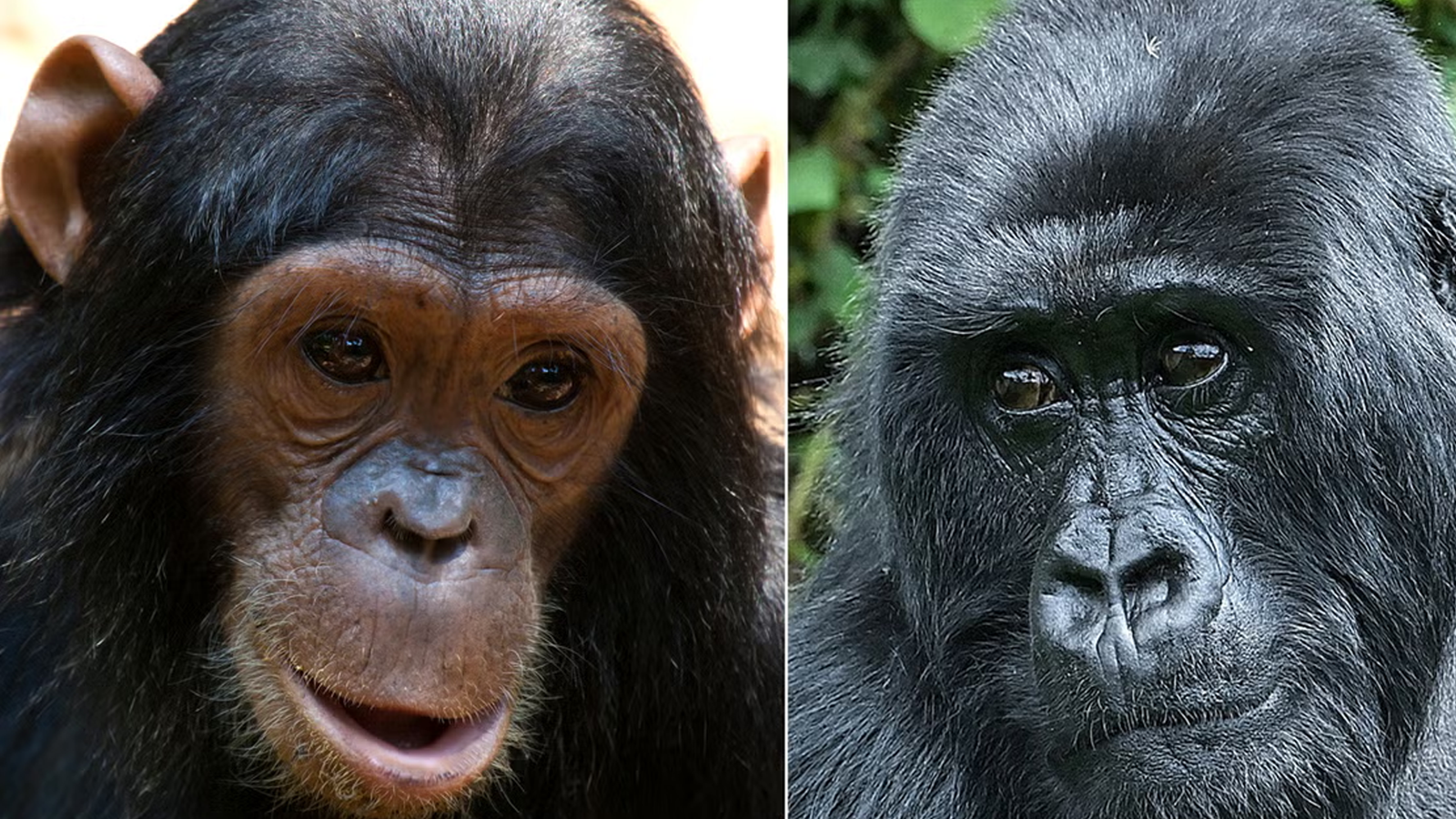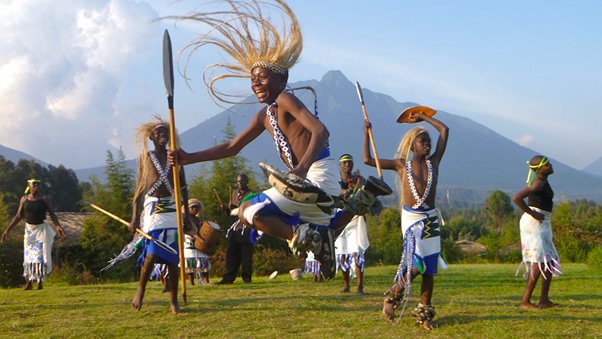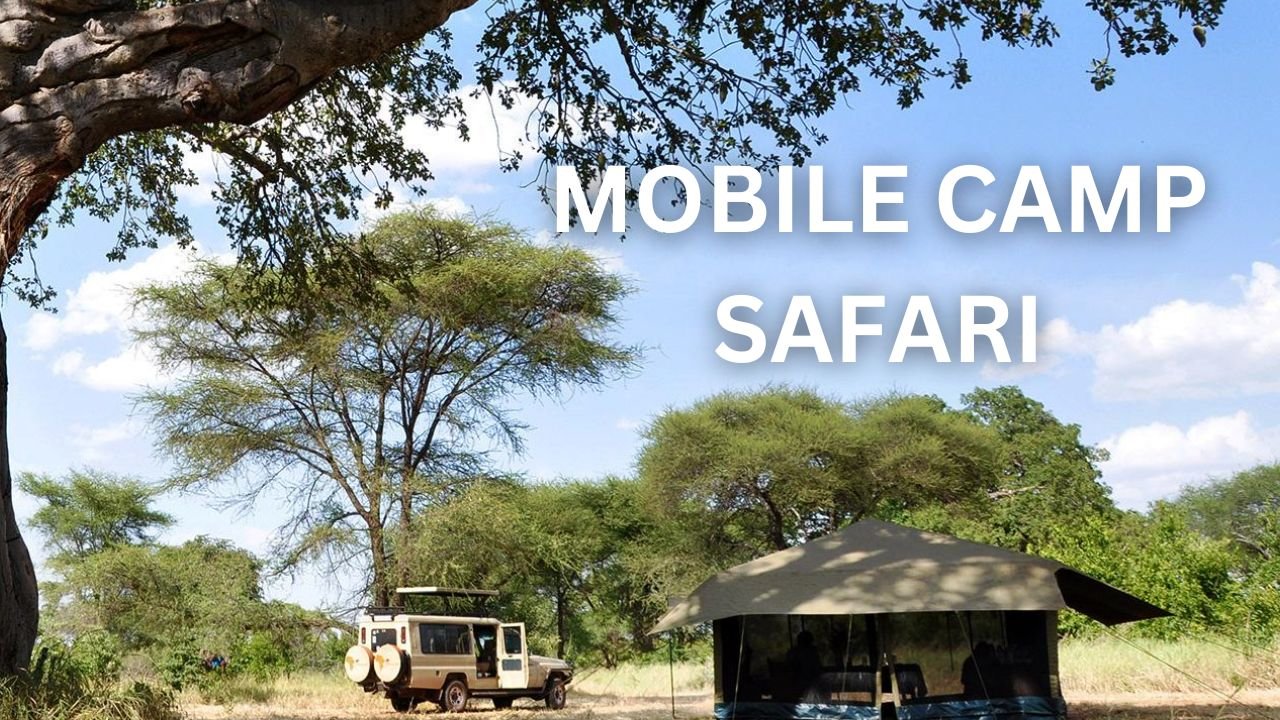Wildlife Rangers in Bwindi
Bwindi Impenetrable National Park is a UNESCO World Heritage Site located in southwestern Uganda. It is renowned for its rich biodiversity, including a significant population of critically endangered mountain gorillas. The park is home to various wildlife rangers who play a crucial role in the conservation and protection of the park’s flora and fauna, especially the mountain gorillas.
- Population Assessment: Wildlife rangers, along with researchers, conduct regular patrols to track and observe different gorilla groups. By identifying unique physical traits and counting individual gorillas, they contribute to estimating the population size and distribution of gorillas in the park.
- Health Monitoring: Rangers closely observe gorilla behavior to assess their health conditions. If they spot sick or injured gorillas, they promptly report to veterinarians for necessary medical attention, ensuring the gorillas’ recovery and continued well-being.
- Behavioural Studies: Wildlife rangers spend time observing gorilla groups to understand their behavior and social interactions. By recording their activities and interactions, they provide valuable insights into the gorillas’ needs and how they interact with their environment.
- Facilitating Habituation: Rangers play a crucial role in the habituation process of gorillas for responsible ecotourism activities. They cautiously acclimatize gorillas to the presence of humans, ensuring the process is gradual and stress-free for the gorillas.
- Supporting Conservation Planning: Data collected by wildlife rangers during gorilla monitoring expeditions is crucial for conservation planning and decision-making. This information aids in formulating strategies to protect gorilla habitats and address potential threats.
- Combating Poaching: During gorilla monitoring patrols, rangers keep a keen eye out for signs of illegal activities, such as poaching and habitat destruction. By identifying and preventing these activities, rangers contribute significantly to safeguarding gorilla populations and their habitat.
- Collaboration and Community Engagement: Wildlife rangers work closely with local communities, park authorities, and researchers to effectively carry out gorilla monitoring initiatives. Their collaborations help in fostering community support for conservation efforts and promoting sustainable practices.
Anti-Poaching Efforts: Wildlife Rangers in Bwindi
Rangers are involved in anti-poaching operations to protect wildlife from illegal hunting and poaching activities. They work to prevent poachers from entering the park and apprehend those involved in wildlife trafficking.Habitat Protection:
Wildlife rangers focus on safeguarding the natural habitat of the wildlife in Bwindi, including the protection of the forest and other ecosystems essential for the survival of various species. Habitat protection involves designating protected areas, enforcing laws, monitoring, research, and engaging communities to safeguard natural environments and ecosystems for the survival of wildlife species. It also includes managing invasive species, promoting sustainable land use, and addressing climate change impacts.Ecotourism Management: Wildlife Rangers in Bwindi
In Bwindi Impenetrable National Park, wildlife rangers play a crucial role in ecotourism management, ensuring responsible and sustainable tourism practices. Their efforts are essential for the conservation of the park’s biodiversity and the well-being of its inhabitants, including the iconic mountain gorillas. Here’s how wildlife rangers contribute to effective ecotourism management:- Conservation Advocates: Wildlife rangers act as strong advocates for conservation. They emphasize the importance of protecting the park’s biodiversity and natural habitats, both to tourists and local communities.
- Wildlife Protection: Rangers are responsible for the safety and protection of wildlife during ecotourism activities. They enforce guidelines that minimize disturbances to animals and their habitats, ensuring tourists maintain a safe distance from wildlife.
- Limited Access Implementation: Rangers control tourist access to specific areas, especially during gorilla trekking, to avoid overcrowding and stress on gorilla groups. This limited access ensures the well-being of the gorillas and their habitat.
- Education and Awareness: As knowledgeable guides, rangers educate tourists about the significance of conservation and responsible behavior in the park. They raise awareness about the fragile ecosystem and the need to preserve it for future generations.
- Community Engagement: Wildlife rangers collaborate with local communities and involve them in ecotourism initiatives. By including communities in the benefits of tourism, rangers foster support for conservation efforts.
- Ecological Footprint Management: Rangers promote eco-friendly practices among tourists, such as proper waste disposal and water conservation, to minimize the environmental impact of tourism.
- Guided Tours and Wildlife Safety: Rangers lead guided tours, ensuring tourists follow park rules and prioritize wildlife safety. Their expertise prevents any harmful interactions between tourists and wildlife.
- Revenue Allocation: Wildlife rangers contribute to the management of ecotourism revenue, ensuring that a portion is reinvested in conservation projects and local community development, creating a sense of ownership and incentive for protecting the park.
- Monitoring and Enforcement: Rangers continuously monitor tourism activities and their environmental impact. They promptly address any non-compliance or issues to maintain ecological integrity.
Community Engagement:
Wildlife rangers often work closely with local communities surrounding the park. They collaborate on conservation initiatives and provide education on the importance of preserving wildlife and the benefits of ecotourism.Research and Data Collection:
The wildlife rangers in Bwindi Impenetrable National Park play a pivotal role in the conservation and protection of the park’s diverse wildlife, including the critically endangered mountain gorillas. Here are some key aspects related to the work of these dedicated rangers:- Gorilla Monitoring: Wildlife rangers conduct regular and systematic patrols to monitor the movements and behaviour of mountain gorilla groups. They play a vital role in ensuring the safety and well-being of these majestic creatures.
- Anti-Poaching Efforts: Rangers actively engage in anti-poaching operations to protect wildlife from illegal hunting and poaching activities. Their presence and vigilance deter poachers from entering the park and help in apprehending those involved in wildlife trafficking.
- Habitat Protection: Wildlife rangers focus on safeguarding the natural habitats of the wildlife in Bwindi. They work to prevent encroachment, logging, and other activities that could threaten the park’s ecological balance.
- Ecotourism Management: Rangers assist and guide tourists during gorilla trekking and other ecotourism activities. They ensure that visitors follow park regulations and maintain a safe distance from the gorillas to avoid any harm to the animals or their environment.
- Community Engagement: Wildlife rangers work closely with local communities surrounding the park. They collaborate on conservation initiatives, provide education on the importance of wildlife protection, and address human-wildlife conflicts.
- Research and Data Collection: Rangers actively collect data on wildlife populations, behavior, and health. Their contribution to research efforts provides valuable insights for conservation planning and decision-making.
- Patrolling and Surveillance: Rangers conduct regular patrolling and surveillance of the park to detect and address any illegal activities. Their presence helps deter potential threats to wildlife.
- Emergency Response: In cases of injured or sick wildlife, rangers are often the first responders. They provide initial care and coordinate with veterinary experts to ensure the best possible outcome for the animals.
- Environmental Education: Rangers play a vital role in educating visitors and local communities about the importance of biodiversity conservation, environmental sustainability, and the significance of protecting endangered species like mountain gorillas.


